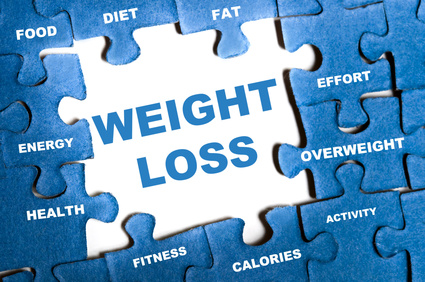When is a Calorie Not a Calorie?
 Wednesday, August 15, 2012 at 2:16PM
Wednesday, August 15, 2012 at 2:16PM 
Gary Taubes—author of Why We Get Fat: and What to Do About It—attempts to make the argument that obesity is the result of a “fat storage defect” which carbohydrates purportedly encourage through the secretion of insulin. Taubes theory hinges on the notion that some calories (carbohydrates) are more fattening than others (protein or fat).
Three reasons why Taubes’ theory fails:
1. Taubes ignores a consistent body of literature that shows “a calorie is a calorie.” At this point there are numerous well done studies that have compared diets of varying levels of protein, carbohydrate and fat that find no statistical difference in weight loss WHEN CALORIES ARE CONTROLLED (kept at the same level for each diet type).


